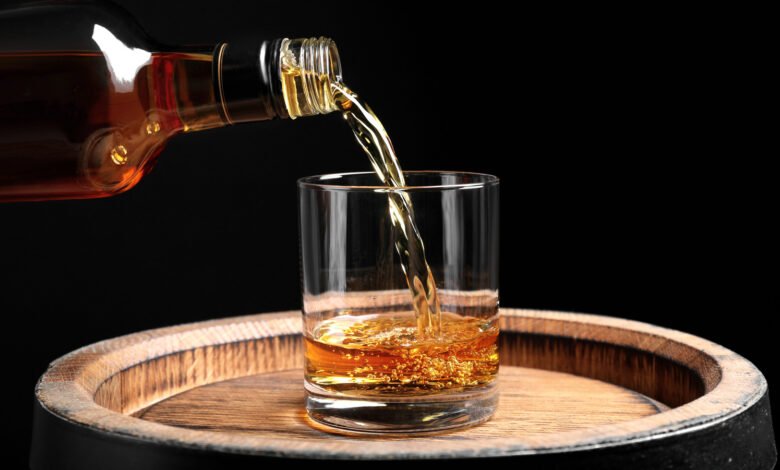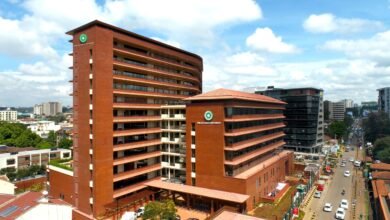
The Kenyan Government has suspended the issuance of licenses and certificates to second-generation alcohol manufacturers.
Those affected also include distillers of the alcohol category, pending fresh vetting by the state.
In 2015, the Kenya Bureau of Standards (KEBS) said it did not recognise products registered as second-generation alcohol beverages and drinks.
Second-generation alcohol is a street term which describes alcoholic drinks that are made simply by mixing Neutral Spirit (food grade ethernal), water and Flavour.
These drinks do not go through the fermentation process or distillation process at the bottling companies.
The alcoholic drinks recognised by the Kenyan government and registered by KEBS are portable spirits regulated by East Africa Standard (EAS) 109.
Also Read: Saudi Arabia to Open First Liquor Shop on Condition
This is according to KEBS when is suspended the licensing of second-generation alcohol in July of 2015.
At the time, traditional spirits which are covered by Kenya Standards (KS) 2326 had also been suspended.
The alcohol content in both EAS 109 and KS 2326 is between 35% to 57%.
It implies water content ranges from 65 to 43% depending on the mix or strength the manufacturer is targeting.
“ËAS 109 is a harmonised standard and is used by EAC Partner States to regulate the manufacturing of potable spirits,” says KEBS.
NACADA describes second generation alcohol as recently introduced drinks that are low-priced and have high alcohol content.
“All licenses are suspended with immediate effect. All existing valid licenses will be re-examined within 21 days of this directive and premises will not be allowed to resume operations until they have been re-examined,” said Interior Cabinet Secretary Professor Kithure Kindiki.
All manufacturers and distillers in the country have been asked to attend the the meeting at Ministry of Home Affairs in Nairobi on March 12, 2024.
The fight against illicit brewing in Kenya is being spearheaded by Deputy President – Rigathi Gachagua.





